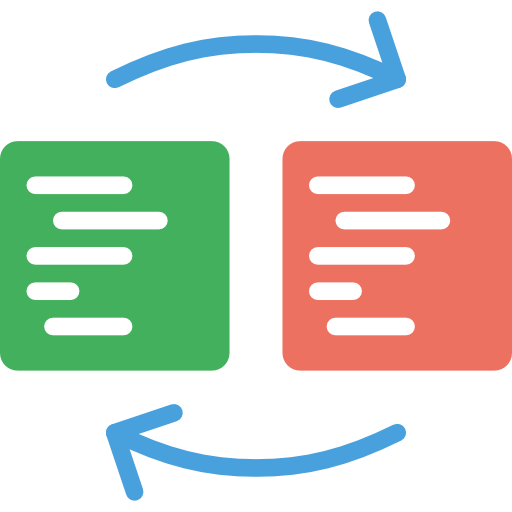Enhance your digital transformation project's agility, quality, and speed by transitioning to a Kubernetes environment. Our team of Kubernetes consultants specializes in creating and overseeing your Kubernetes clusters, collaborating with developers, and providing training for seamless application deployments.
Leveraging extensive expertise, our Kubernetes service specialists excel in migrating legacy applications, originally operating on VMs or alternative orchestration systems, to Kubernetes environments. Let us assist your teams in seamlessly integrating and deploying cloud-native on-premise applications into Kubernetes service.
Our primary Kubernetes consulting services include the orchestration of Kubernetes deployment automation tasks. You can discover the cost and timeline involved in efficiently managing all remote offices centrally.
For those seeking the swiftest implementation of an orchestration solution, we provide a tailored Kubernetes consulting plan based on the GitOps methodology. Our team of expert specialists ensures a rapid and effective implementation. Our Kubernetes consultancy services offer a comprehensive plan for seamless migration to the cloud, followed by the implementation of containers. This strategic approach guarantees the longevity and sustainability of your infrastructure for years to come.

.png)
GCP VPC enables us to create an isolated network range which can shield the backend services being exposed to the public internet. Our Google Cloud Consulting Services help you to set up a multi tier VPC environment enabling you to isolate web, app, db and miscellaneous tiers for added security.

Easily deploy and manage applications across diverse environments, scale components without disrupting the app, and implement versioning for efficient monitoring and container rollback.

Simplify on-premise to cloud migration using our Kubernetes service. Employ the 'Lift and Shift' method, migrating entire applications into large Kubernetes pods and subsequently breaking them into smaller components.

Overcome challenges in managing resource distribution across diverse cloud environments with Kubernetes Consulting service by automating resource allocation and distribution.

Access serverless architecture without vendor lock-in concerns by leveraging Kubernetes.
.png)
Our tool ensures continuous Kubernetes deployment and testing for updated infrastructure, significantly reducing the time required to deliver new software. Now, deploying an application on a new node takes just minutes!

Simplify the process of migrating to your preferred cloud platform with quick and seamless transitions. There's no need to rewrite code for existing applications, making self-management reduction a breeze.

Facilitate application deployment by creating new containers through automation. This tool also streamlines migration, efficiently deleting obsolete resources and optimizing resource usage.

Free up your IT department from urgent tasks by allowing the system to autonomously restart failed containers. In the event of a malfunction, Kubernetes Service performs automatic rollbacks to eliminate business downtimes.

Leverage our orchestration tool to scale applications dynamically, meeting the evolving needs of your business. Simultaneously deploy multiple containers effortlessly, ensuring almost infinite scalability.

Enjoy compatibility with renowned platforms like AWS, Azure, and Google, facilitating seamless application migration to cloud storage. Our tool accommodates any preferred model, including hybrid, providing the flexibility your business demands.
There are five types of Kubernetes Services and they are:
To access a Kubernetes service, you can utilize one of the following methods:

Dharmendra Digari, Project-lead, LunarPen

Eliko, Cto, NexusPro